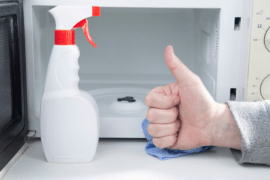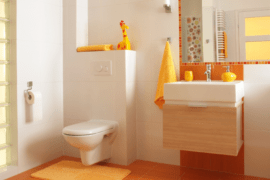Being a homeowner comes with many responsibilities, and even the smallest oversight can lead to big problems over time. While it’s essential to take good care of your home, some habits and common practices could be doing more harm than good. Read on to find out what you might be doing wrong and how to protect your home.
Avoid Using Toilet Bowl Cleaner on Grout
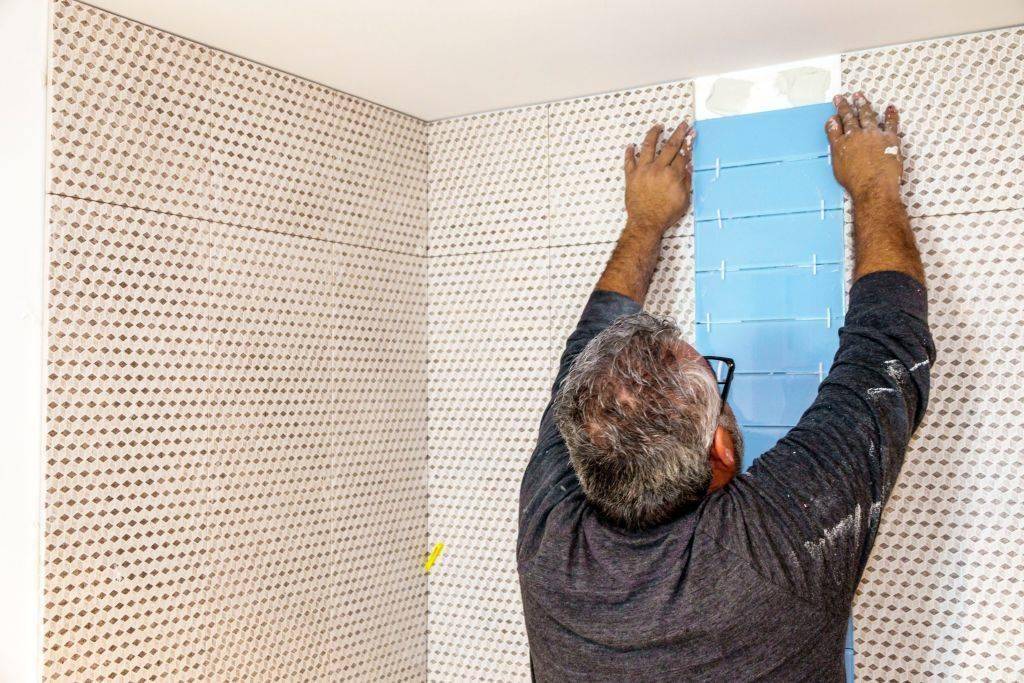
Using commercial toilet bowl cleaners on grout may seem effective, but these products often contain harsh acids. Over time, these acids erode the grout and caulking in your bathroom, leading to cracks and water damage.
Instead, stick to gentle, non-acidic cleaners designed for grout. This helps preserve both the appearance and longevity of your tile work.
Towel Off Before Walking Around After a Shower
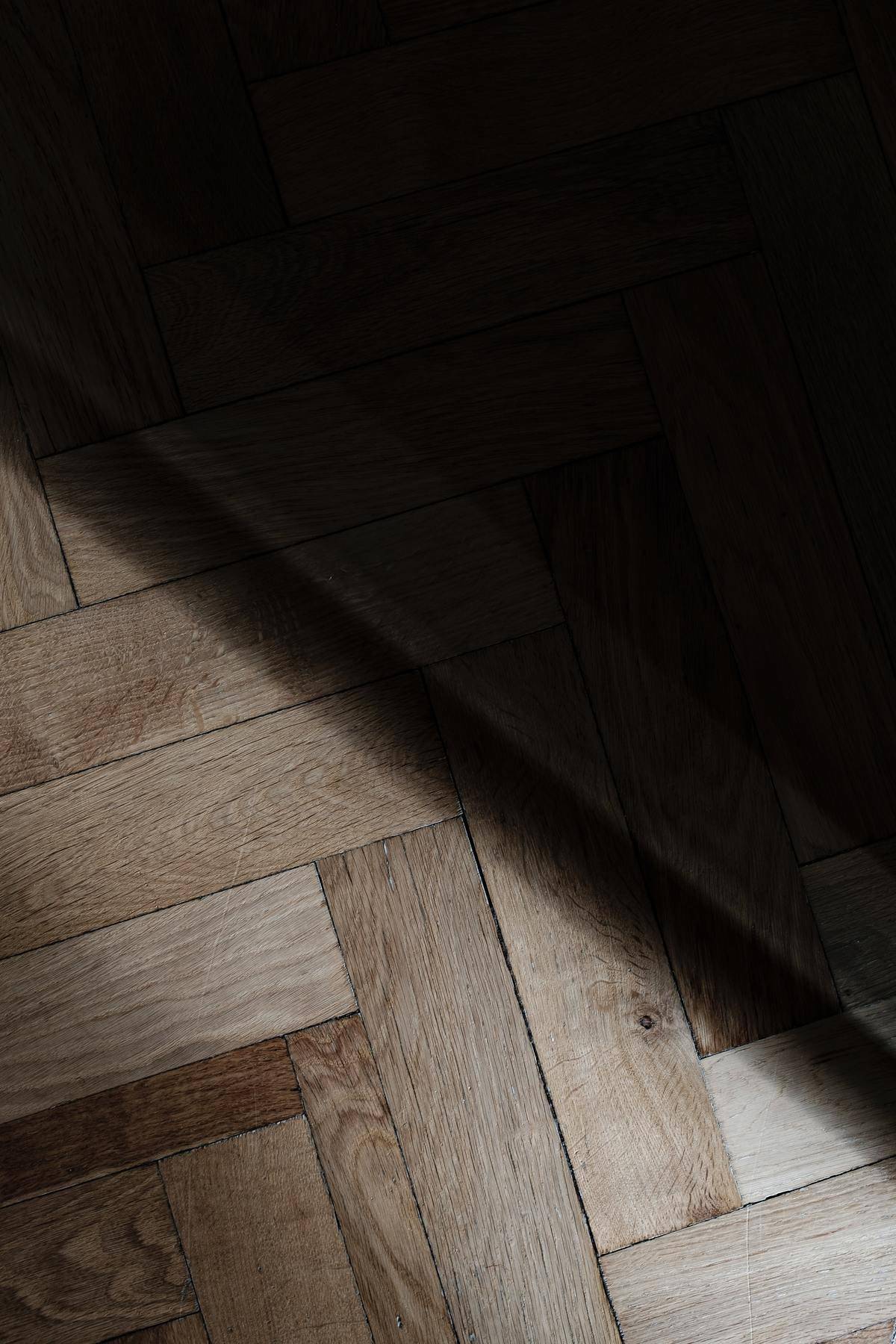
Dripping water from your body onto your hardwood floors may seem harmless, but it can cause the wood to warp and buckle over time. Excessive moisture seeps into the cracks, leading to long-term damage.
Make it a habit to dry yourself thoroughly in the bathroom to avoid leaving puddles behind, especially on wooden floors that are vulnerable to moisture.
Regularly Clean the Dishwasher Filter
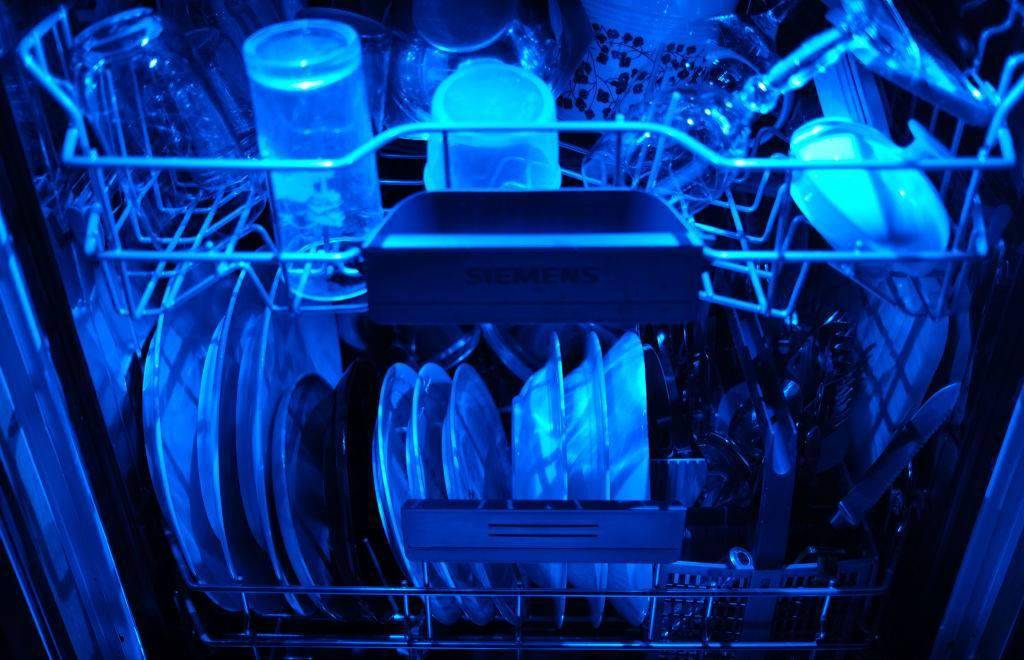
Running a self-clean cycle isn’t enough to maintain your dishwasher’s efficiency. Grease and food particles often clog the filter at the bottom, reducing the machine’s cleaning power.
Check and manually clean the filter every few weeks to ensure your dishwasher runs smoothly and your dishes come out spotless.
Prune Overhanging Tree Branches Before Storms
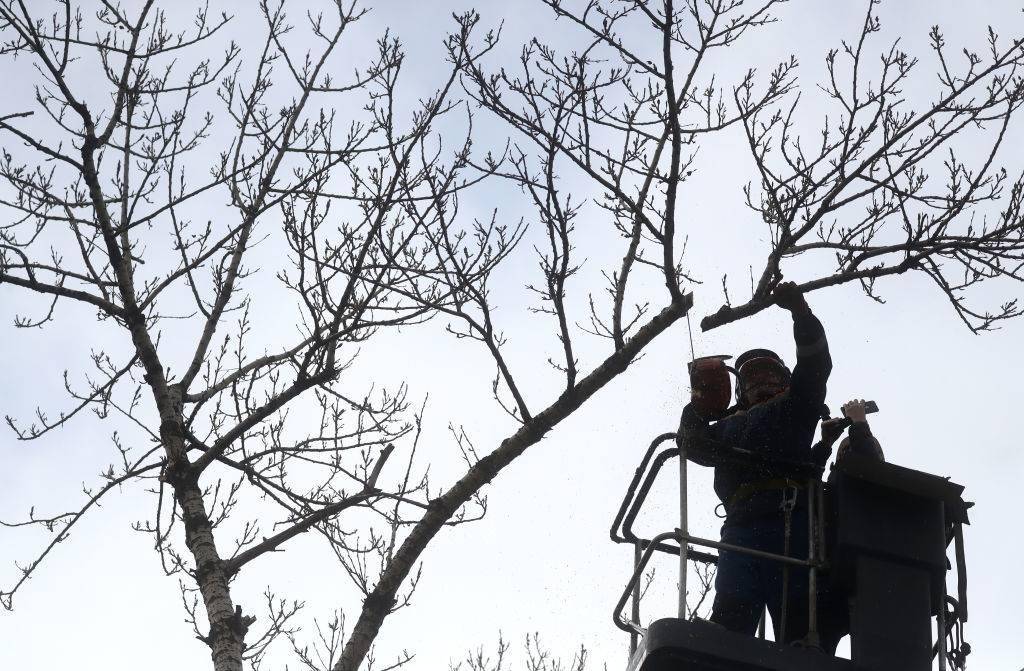
Loose or overhanging tree branches can easily break during storms and cause significant damage to your home. Trim them regularly to avoid accidents like broken windows or roof damage.
Storm preparation is key. Keep trees healthy and trimmed to avoid costly repairs due to fallen branches.
Keep Your Grill at a Safe Distance from the House

Barbecuing is a summer favorite, but placing your grill too close to your house can be a fire hazard. Grease fires are common and can quickly spread if the grill is positioned near siding or decking.
Ensure there’s ample space between your grill and your home’s exterior to reduce the risk of accidental fires.
Always Use a Stud Finder Before Hanging Heavy Items
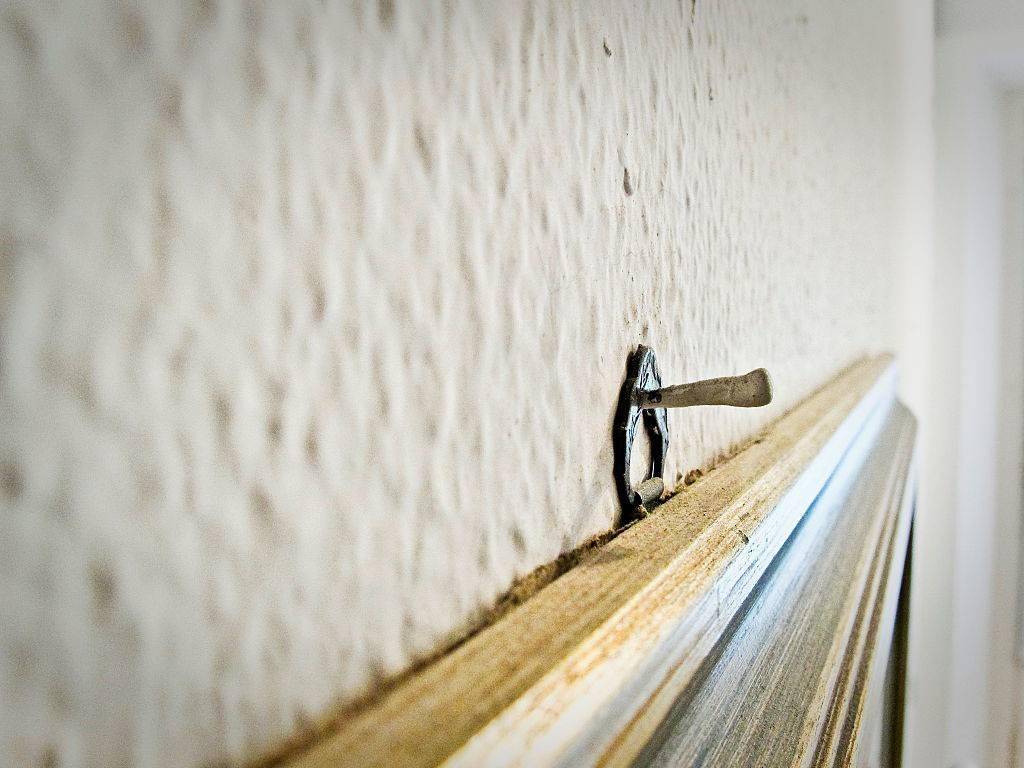
When hanging heavy objects like mirrors or shelving, it’s crucial to anchor them into studs for better support. Hanging items improperly can cause drywall damage and accidents.
Use a reliable stud finder to locate the best place to secure your decor, ensuring your walls stay intact and your items are safely mounted.
Protect Hardwood Floors with Furniture Pads

Furniture legs can easily scratch and dent your hardwood floors. Over time, these marks can become costly to repair or refinish.
Invest in furniture pads and place them under the legs of heavy furniture. This simple step will prevent unsightly scratches and extend the life of your flooring.
Keep Your Chimney and Fireplace Clean
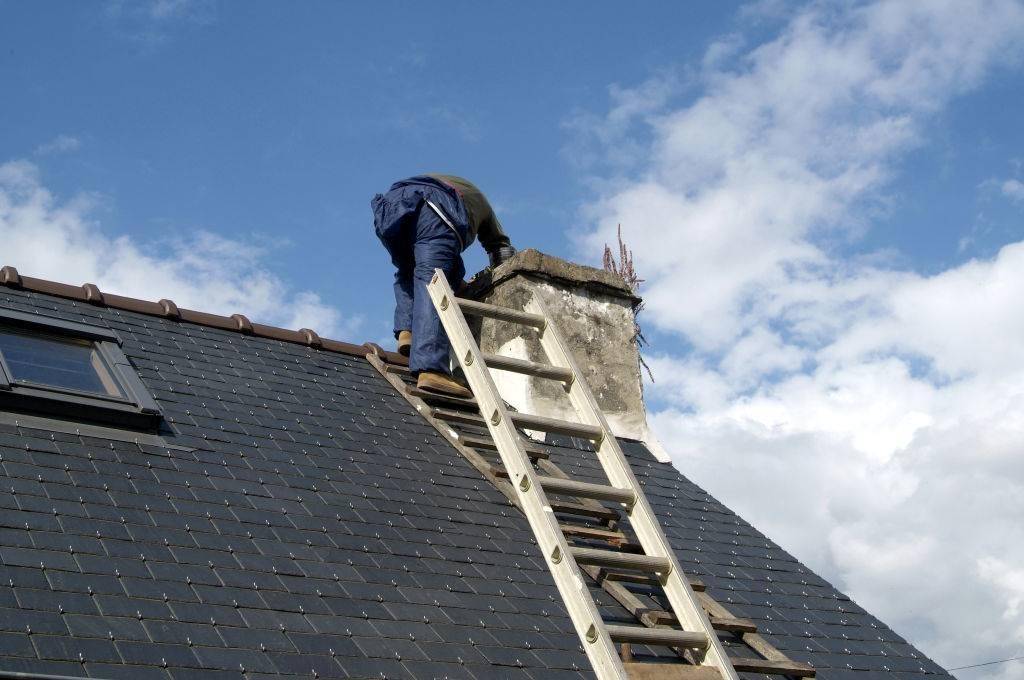
Neglecting your chimney can lead to dangerous buildups of creosote, which can cause chimney fires. Additionally, a dirty fireplace affects the air quality inside your home.
Make sure to schedule regular cleanings or inspect your chimney after heavy fireplace use to keep your home safe and pollutant-free.
Don’t Use Mulch Too Close to Your Foundation
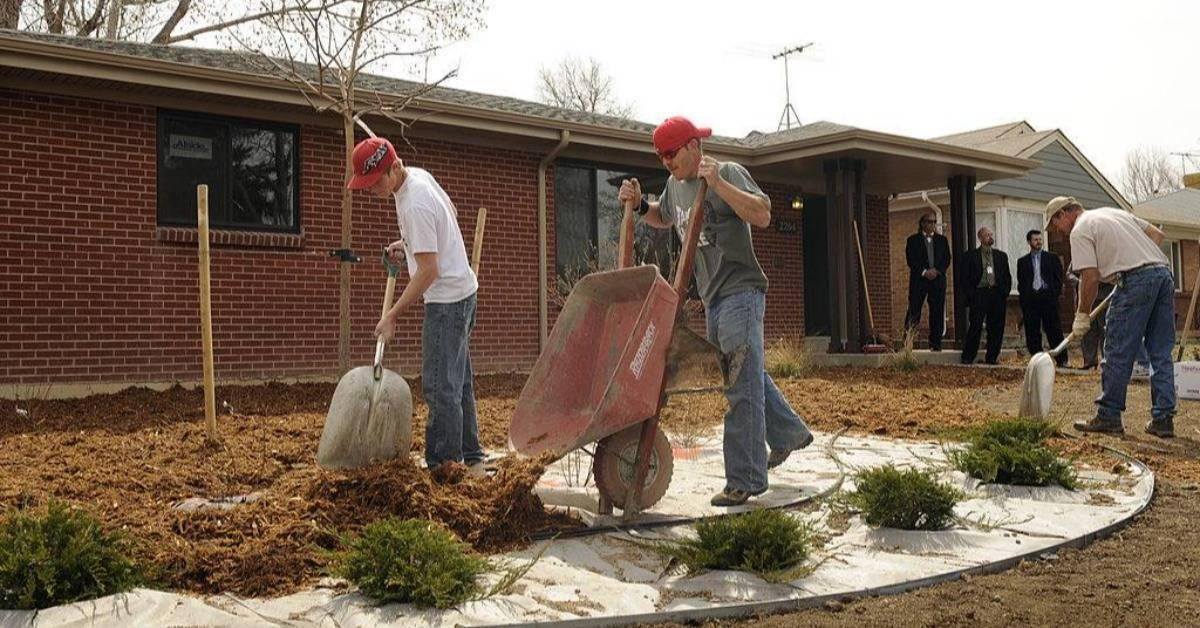
Mulch is great for landscaping, but when it’s placed too close to your home, it can trap moisture near your foundation. Over time, this can lead to issues like mold, mildew, or even foundation damage.
Move mulch a few feet away from the walls of your home to promote proper airflow and moisture control.
Avoid Spraying Cleaners Directly Onto Surfaces
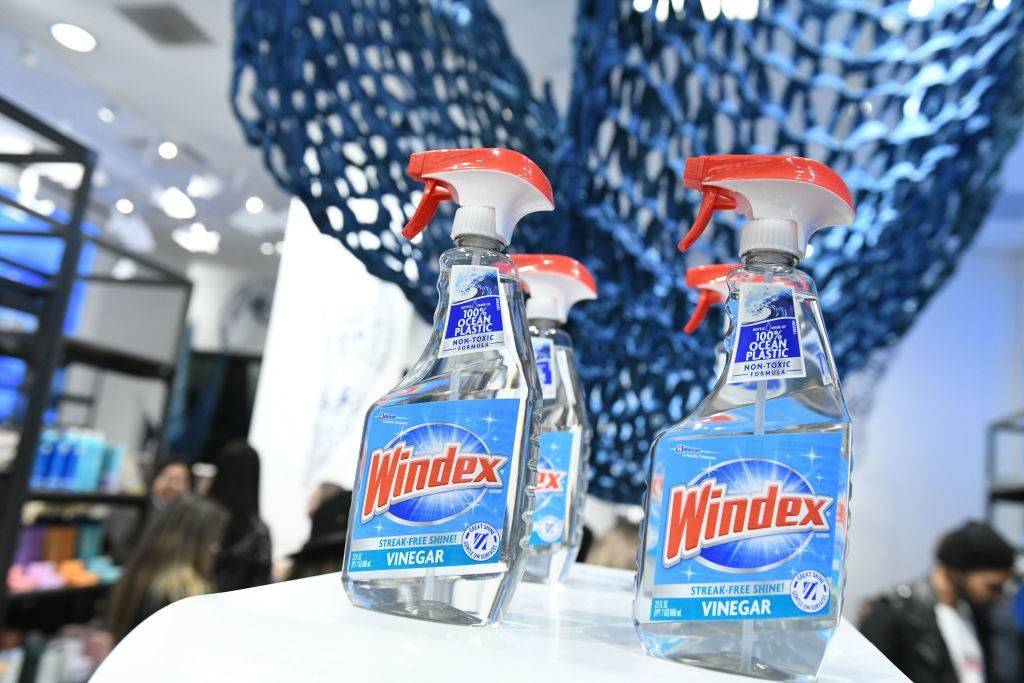
Spraying cleaners directly onto surfaces like countertops or furniture can leave behind residue, dulling finishes over time. It also increases the likelihood of over-saturation, which can damage delicate surfaces.
Instead, spray the cleaner onto a cloth and then wipe down surfaces for more controlled and even cleaning.
Run Your Exhaust Fan After Every Shower

The bathroom exhaust fan is your best defense against moisture buildup. Failing to use it can lead to mold and mildew forming in your bathroom, especially in the corners and grout lines.
Always turn the fan on during showers to reduce moisture levels and maintain air quality in your bathroom.
Let Your Toilet Brush Dry Before Storing
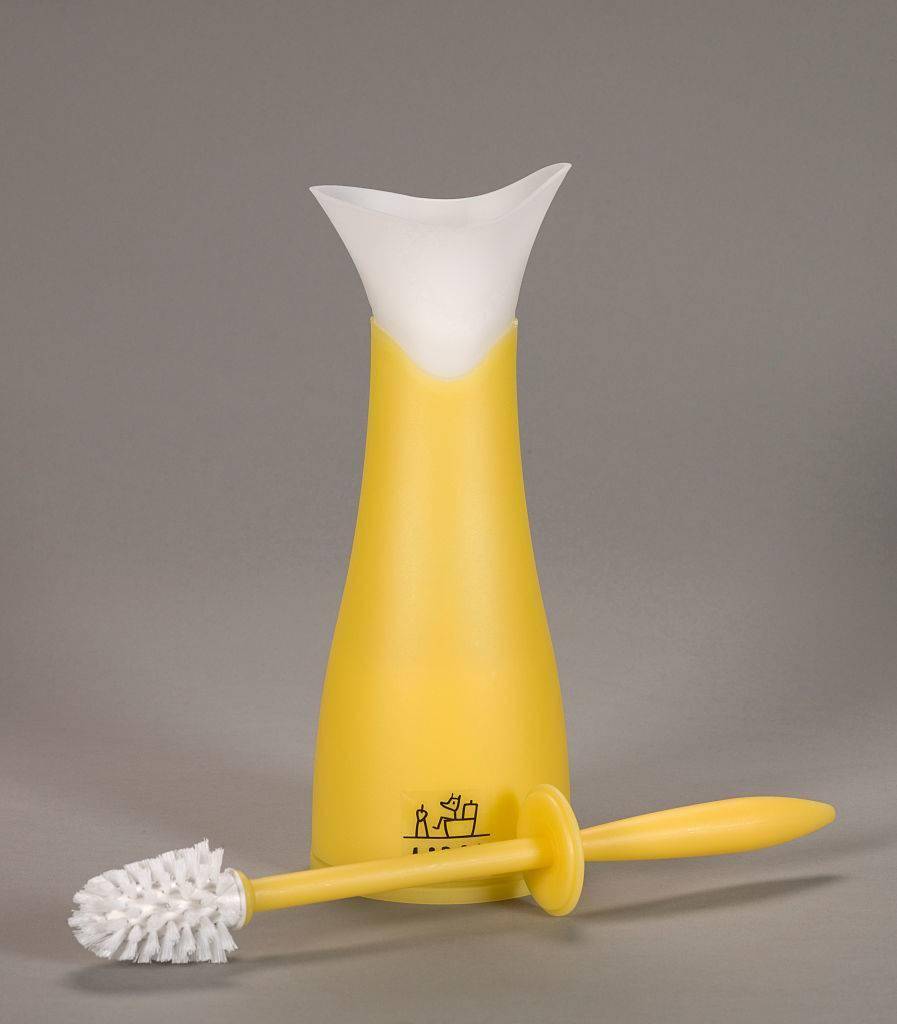
After using a toilet brush, putting it back in the holder while it’s still wet creates a breeding ground for bacteria. This leads to unsanitary conditions in your bathroom.
Let the brush air dry completely before storing it back in its holder to keep your bathroom more hygienic.
Don’t Leave Damp Towels in the Bathroom
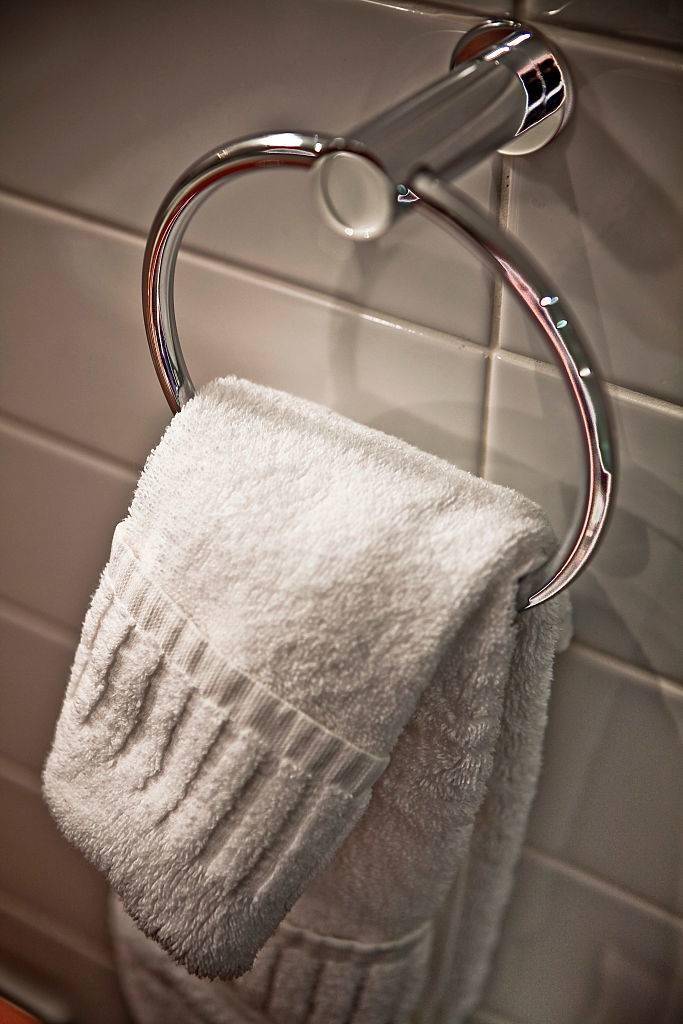
Damp towels left hanging in a humid bathroom encourage the growth of mold and bacteria. This not only leads to unpleasant odors but can also pose health risks.
Take towels out of the bathroom after each use and hang them in a well-ventilated area to dry fully.
Don’t Use Vinegar in Your Dishwasher
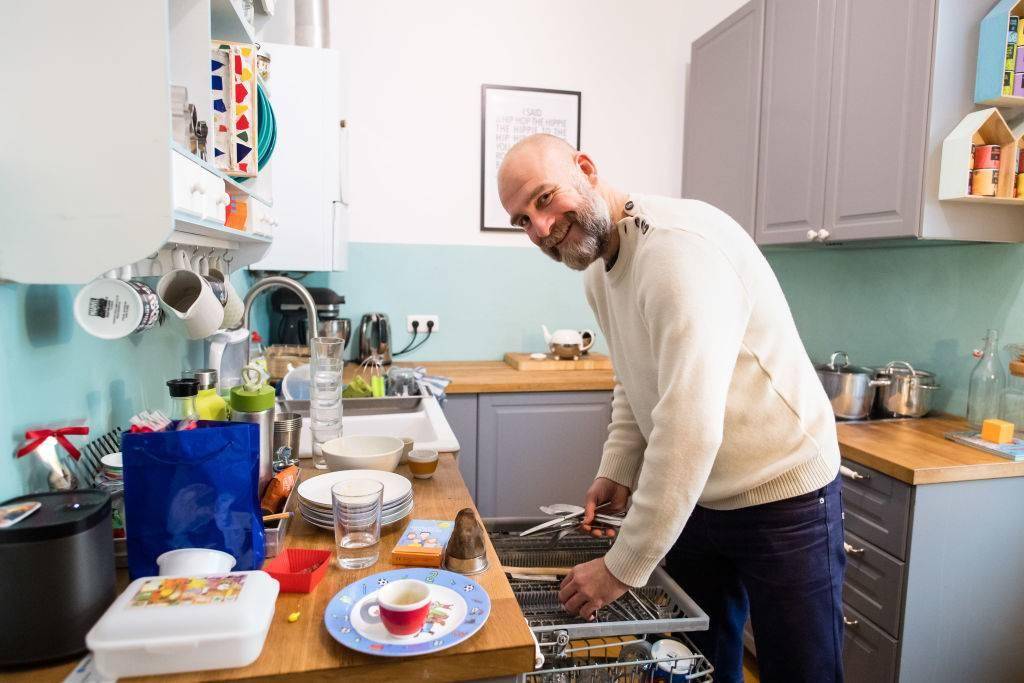
While vinegar is a versatile household cleaner, it’s too acidic for your dishwasher. Over time, it can damage the rubber and plastic components inside the machine, leading to expensive repairs.
Instead, use dishwasher-safe cleaners specifically formulated to maintain your machine’s internal parts.
Hold Off on Making the Bed Immediately
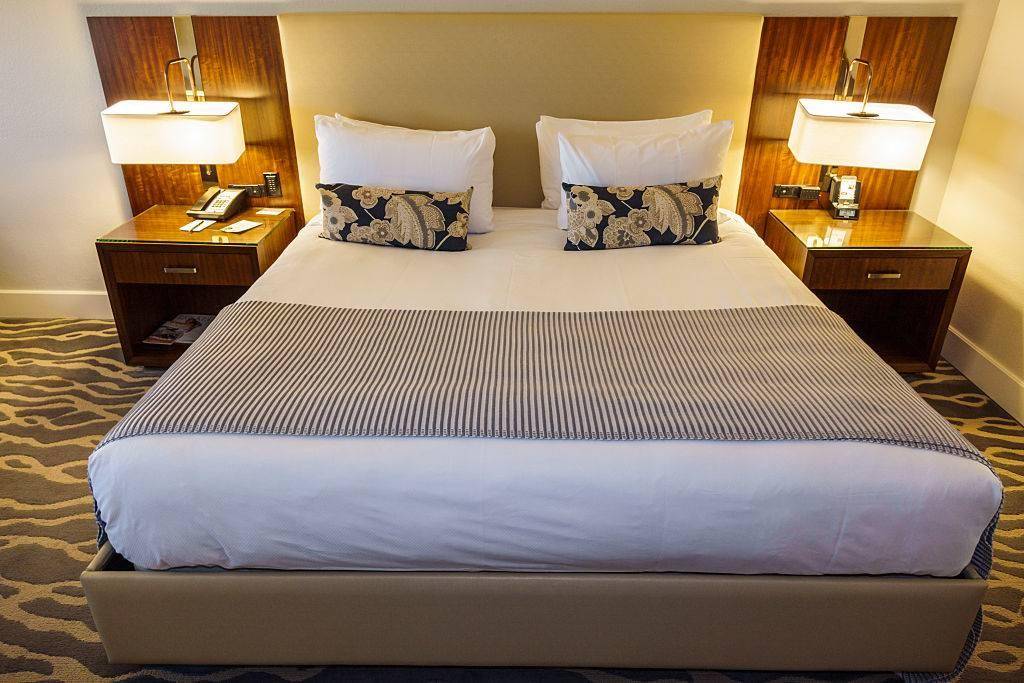
Making your bed right after waking up traps body heat and moisture inside your sheets, creating an ideal environment for dust mites.
Let your bed air out for 10-15 minutes before making it. This practice promotes cleanliness and comfort.
Never Remove Downspouts from Your Home
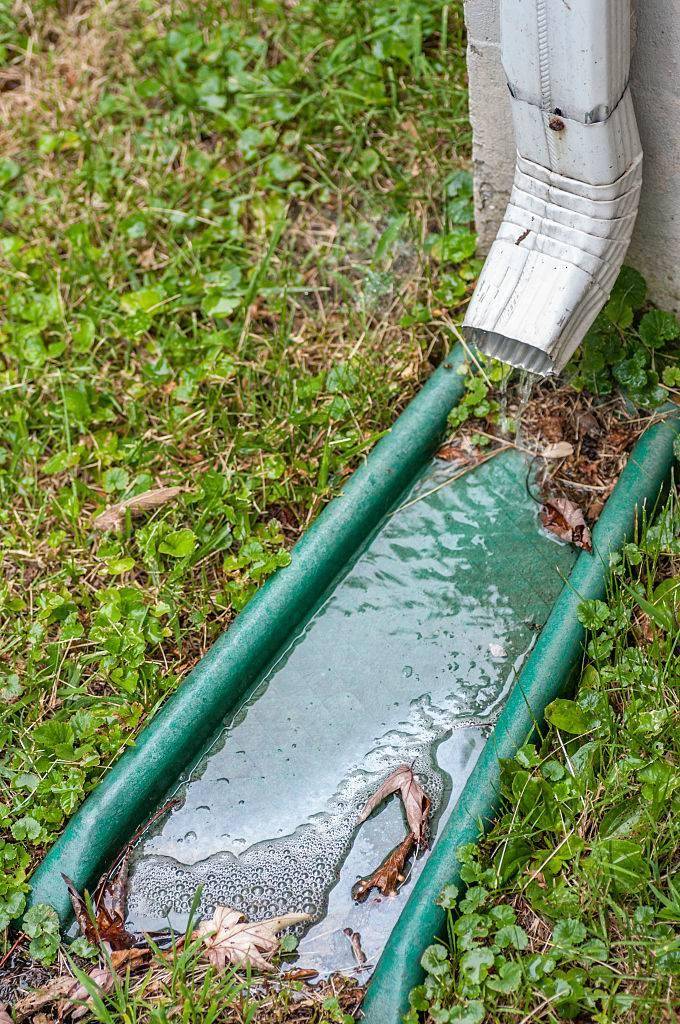
Downspouts divert water away from your foundation. Removing or shortening them might seem like an improvement, but it can lead to water pooling around your home’s base, causing foundation damage.
Keep downspouts intact and properly angled to ensure rainwater is directed away from your property.
Use Hydrogen Peroxide for Cleaning Cutting Boards
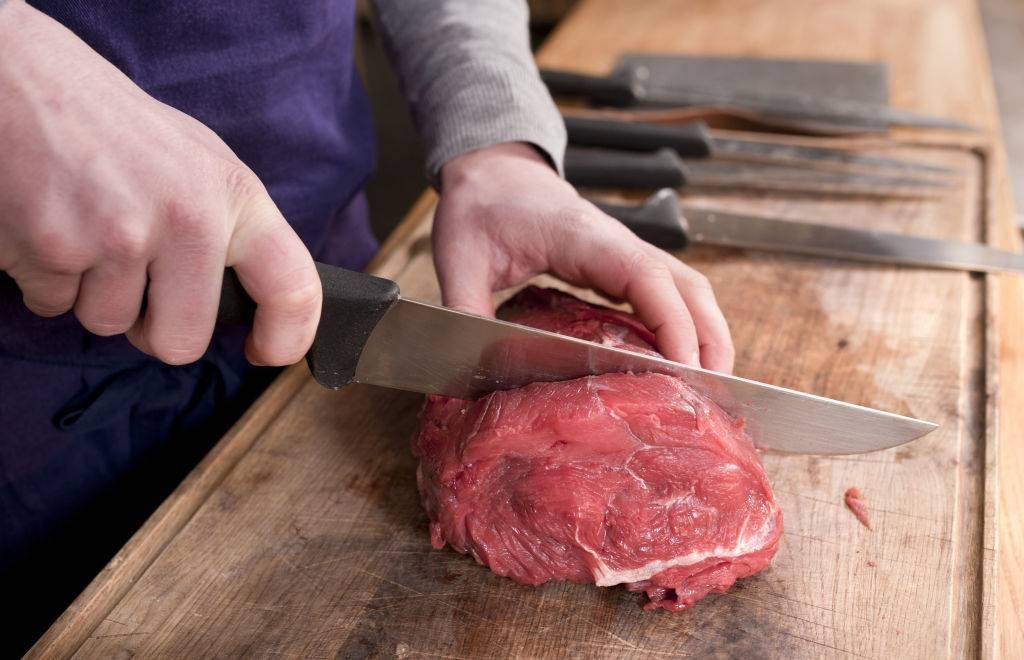
Dish soap alone isn’t enough to sanitize cutting boards, especially after preparing raw meat. The soap doesn’t always penetrate knife grooves where bacteria can thrive.
Instead, clean cutting boards with hydrogen peroxide to thoroughly kill germs and ensure food safety.
Don’t Let Dryer Lint Build Up
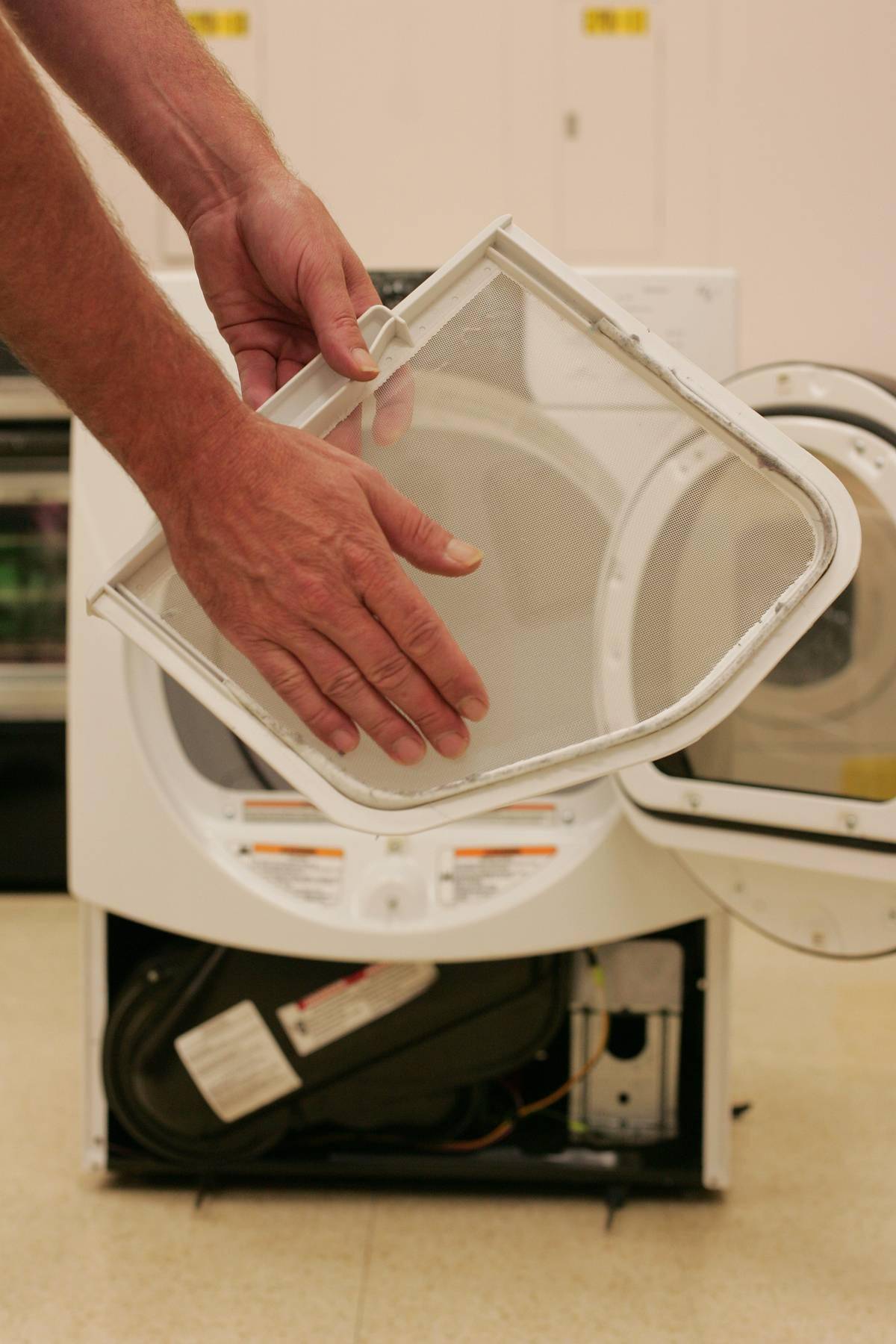
Lint buildup in your dryer’s vent or lint trap reduces its efficiency and increases the risk of a fire. A clogged vent can also cause your dryer to overheat, leading to mechanical failure.
Clean the lint trap after every use and check the vent periodically to ensure your dryer is functioning safely and efficiently.
